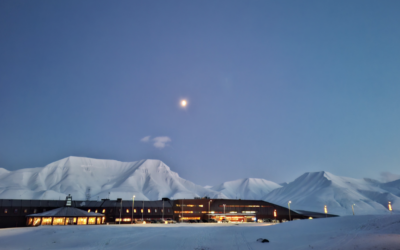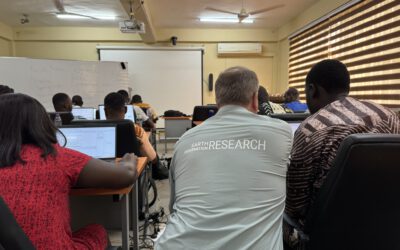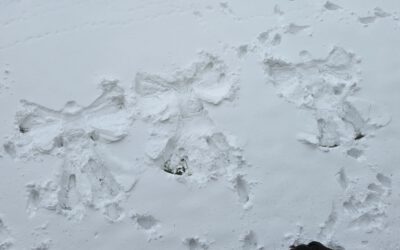A new paper published recently by Int. J. Appl. Earth Obs. Geoinf. presents the results of a systhematic survey on the effects of post-stratification of sampling units on the quality of remote sensing-assisted biomass models. This is somwhat controversial to the status quo in the literature, which mostly suggests that estimates can be improved by building species- or strata-specific biomass models.
We analyzed the impact of stratifying forest data into three classes (broadleaved, coniferous and mixed forest). We compared predictive accuracy a) between the strata b) to a case without stratification for a set of pre-selected predictors from airborne LiDAR and hyperspectral data. The achieved RMSE and r2 diagnostic values were analyzed in a factorial design to rank the relative importance of each factor. Selected models were used for wall-to-wall mapping of biomass estimates and their associated uncertainty. The results revealed marginal advantages for the strata-specific prediction models over the unstratified ones, which were more obvious on the wall-to-wall mapped area-based predictions. Yet, further tests are necessary to establish the generality of these results. Input data type and statistical prediction method are concluded to remain the two most crucial factors for the quality of remote sensing-assisted biomass models.
A full text of this paper can be found at:
http://www.sciencedirect.com/science/article/pii/S0303243415000264








